ERP vs. CRM: Understanding the Key Differences for Your Business
When it comes to optimizing business operations, ERP (Enterprise Resource Planning) and CRM (Customer Relationship Management) are two of the most commonly used systems. While both software solutions aim to improve business efficiency, they serve different purposes. Understanding the key differences between ERP and CRM can help you determine which solution is best suited for your business needs.
What is ERP?
ERP is a software system designed to integrate various core business functions, such as finance, HR, manufacturing, supply chain, and inventory management, into a unified platform. The primary goal of ERP is to streamline internal processes and provide a comprehensive view of business operations in real-time.
Key benefits of ERP systems include:
- Streamlined operations by integrating different departments.
- Increased efficiency through automation of routine tasks.
- Better decision-making via centralized data for accurate reporting.
What is CRM?
CRM software focuses on managing a company’s interactions with current and potential customers. It helps businesses track customer behavior, preferences, sales, and marketing efforts. CRM systems are primarily used by sales, marketing, and customer service teams to improve customer relationships and drive sales growth.
Key benefits of CRM systems include:
- Enhanced customer relationships by tracking communication history.
- Improved sales management by organizing leads, opportunities, and sales pipelines.
- Increased customer retention through personalized engagement.
Key Differences Between ERP and CRM
While ERP and CRM systems are both essential tools for businesses, they serve distinct functions. Below is a comparison of their key features and uses:
| Feature | ERP | CRM |
|---|---|---|
| Purpose | Streamlines internal processes, such as finance, manufacturing, and supply chain. | Manages interactions and relationships with customers, enhancing sales and marketing efforts. |
| Primary Users | Operations, finance, HR, and supply chain teams. | Sales, marketing, and customer service teams. |
| Scope | Broad, covering entire business operations and workflows. | Narrower, focused on customer relationship management and sales growth. |
| Key Focus | Operational efficiency, data integration, and resource management. | Customer engagement, lead generation, and sales conversion. |
| Data Utilization | Utilizes data across departments for reporting and decision-making. | Utilizes customer data for personalized communication and sales tracking. |
| Integration | Can integrate with multiple systems across the company, such as inventory, finance, and HR. | Integrates with marketing and sales systems to track customer journeys and interactions. |
When to Use ERP vs. CRM for Your Business
Understanding when to implement ERP or CRM depends on your business objectives and the specific challenges you are facing:
- ERP is essential when you need to integrate and streamline operations across multiple departments.
- CRM is ideal when your focus is on improving customer relationships, driving sales, and increasing customer loyalty.
In many cases, businesses may choose to implement both systems, as they complement each other. While ERP manages internal operations, CRM helps manage customer-facing activities.
Benefits of Using Both ERP and CRM Systems Together
For businesses that wish to leverage both systems, integrating ERP and CRM offers several advantages:
| Benefit | Description |
|---|---|
| Centralized Data | Integration allows for seamless data sharing between departments, providing a unified view of operations. |
| Improved Customer Insights | Combining ERP data with CRM data provides a comprehensive view of customers and business operations. |
| Streamlined Communication | Improved communication across departments, resulting in better customer service and decision-making. |
| Efficiency Gains | Reduces manual data entry and eliminates redundancies by syncing customer and operational data. |
Conclusion
Both ERP and CRM systems play crucial roles in enhancing business efficiency, but they serve different functions. ERP is focused on managing internal processes and operations, while CRM is dedicated to managing customer interactions and improving relationships.
By understanding the key differences between these systems and selecting the right solution for your needs, you can significantly improve your business performance. Additionally, integrating ERP and CRM can offer the best of both worlds, creating a unified system that drives efficiency, growth, and enhanced customer satisfaction.
Explore
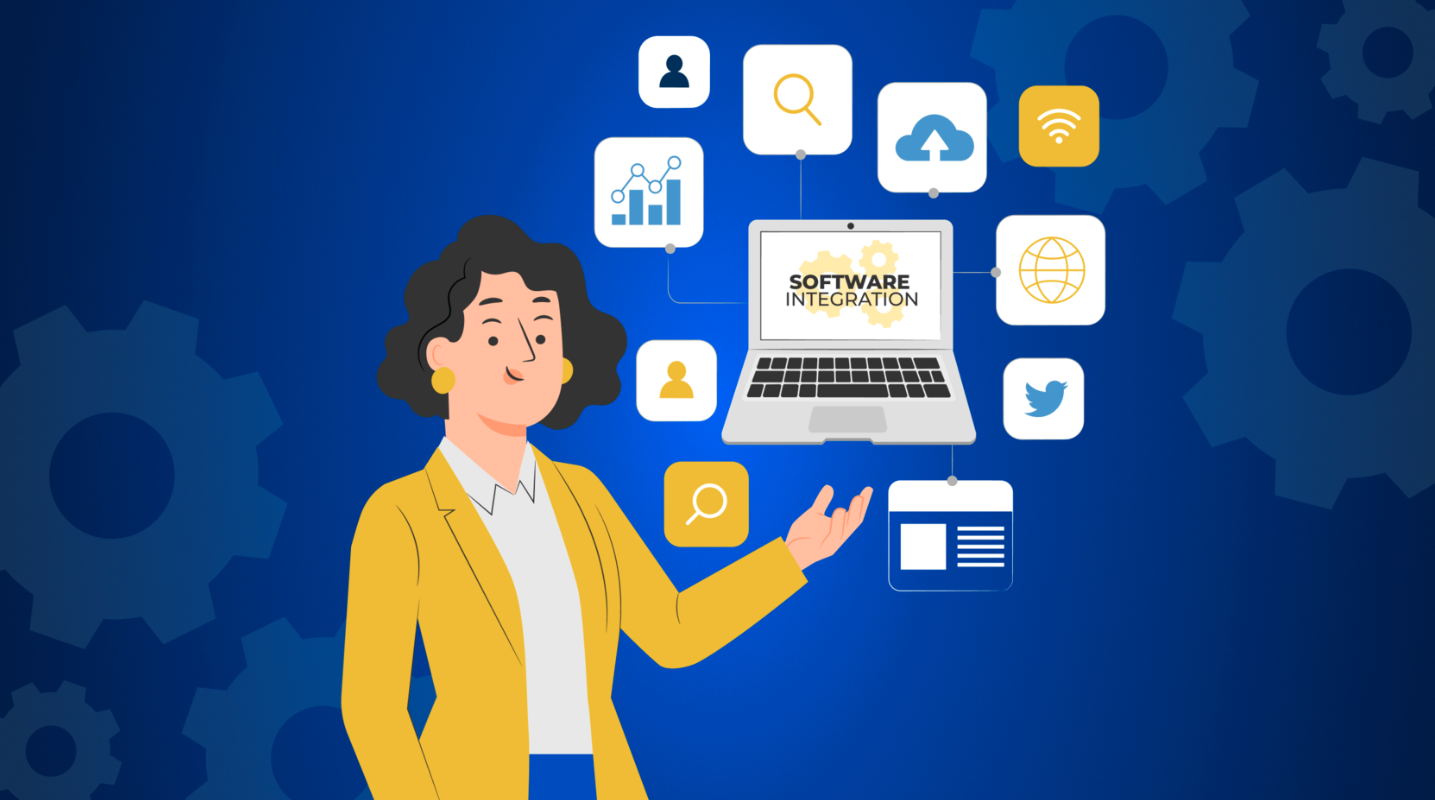
Unlocking Growth with Enterprise Software: Key Features That Drive Success
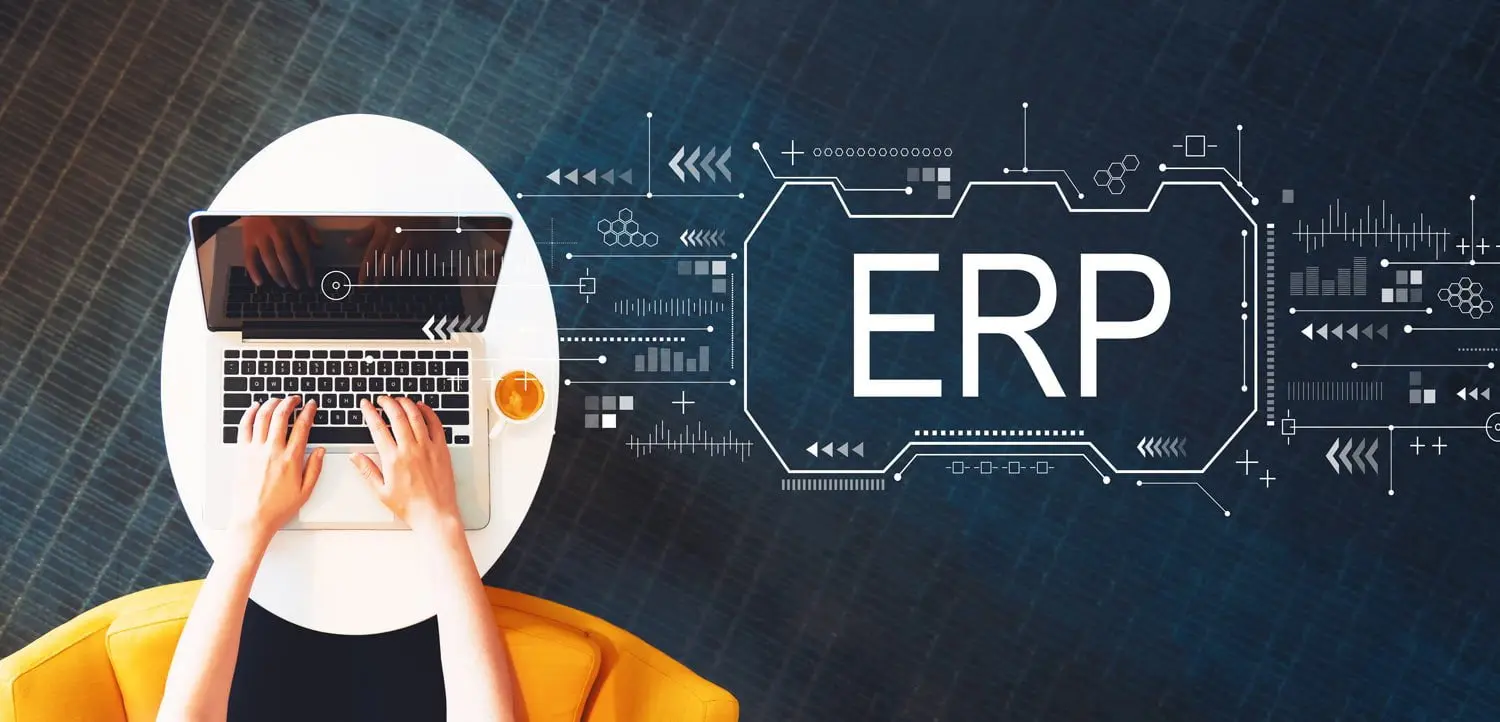
Cloud ERP vs. On-Premise ERP: Which One Is Right for You?
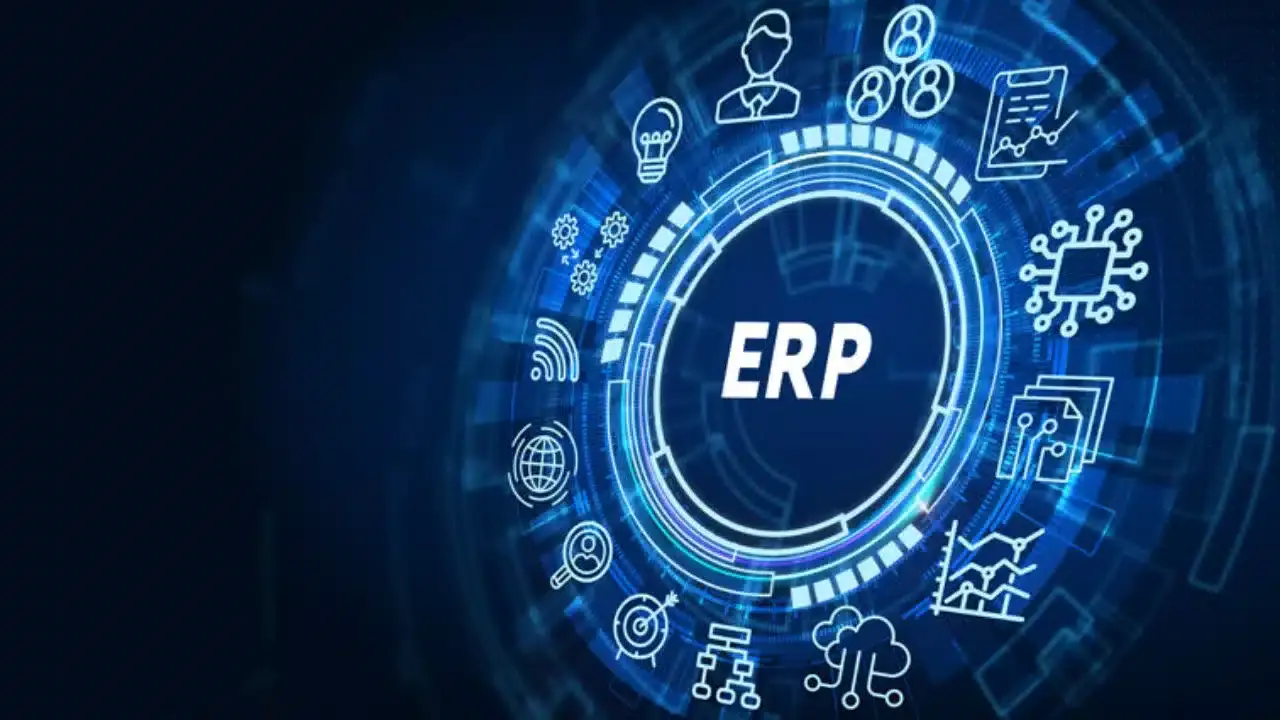
Boost Supply Chain Efficiency with the Right ERP System
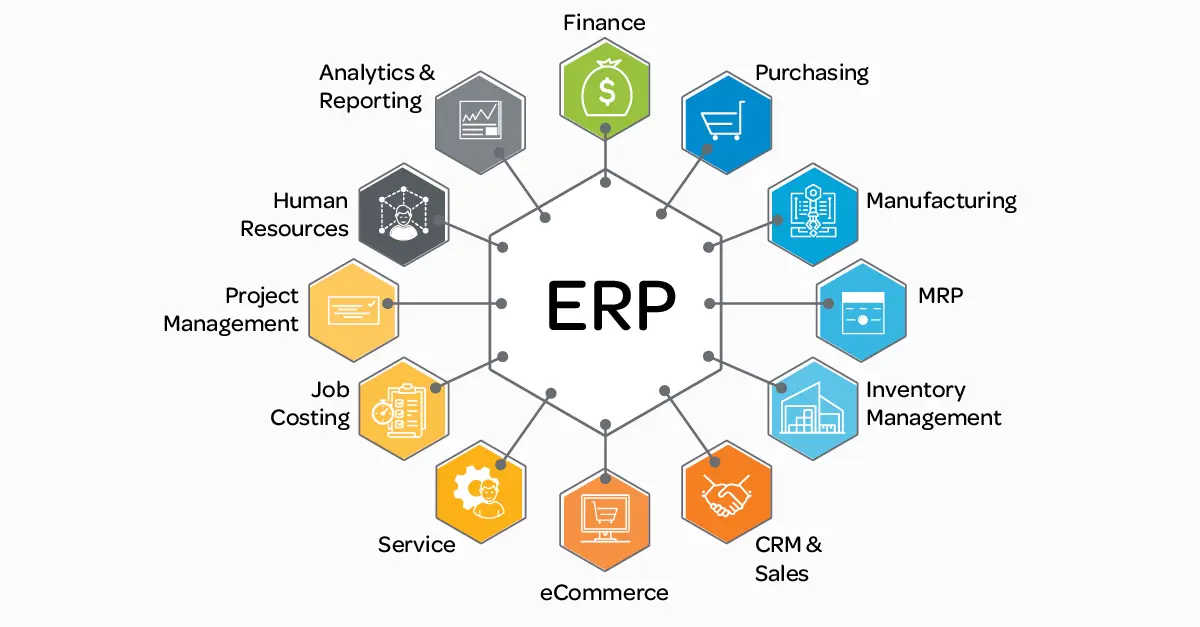
Lessons Learned: Success Stories and Challenges in ERP
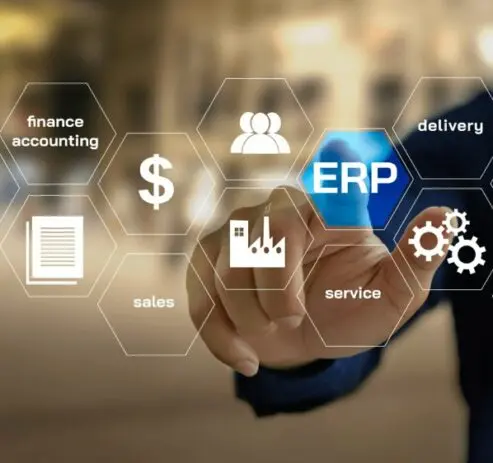
5 Key Steps to Successfully Implement an ERP System
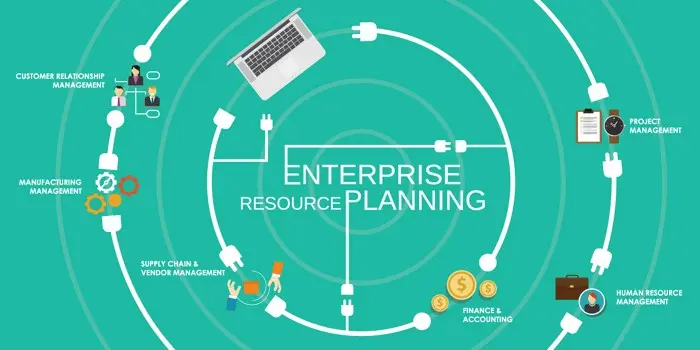
How to Choose the Right ERP System for Small Businesses
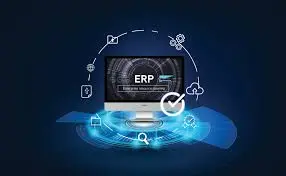
Top 10 Best ERP Software Solutions for 2025
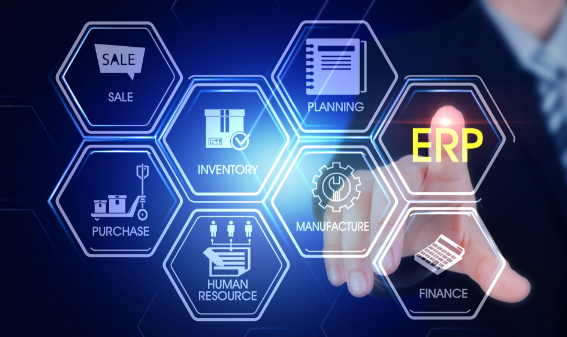
What Is ERP? A Complete Guide to Enterprise Resource Planning
